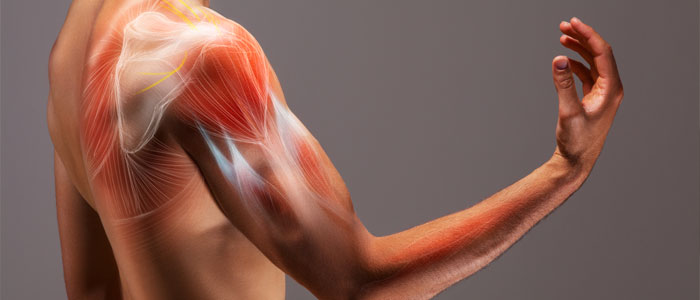Your Guide to Undergoing Shockwave Therapy
 Shockwave therapy is a nonsurgical, drug-free, and low-risk treatment option for pain, inflammation, and loss of range of motion. At Falling Waters Injury & Health Management Center, we specialize in alternative, holistic therapies that address the underlying cause of your pain rather than temporarily masking it with prescription medication. If you are visiting us for shockwave therapy for work, sports, or auto injuries in Bend, OR, keep reading to learn exactly what you can expect.
Shockwave therapy is a nonsurgical, drug-free, and low-risk treatment option for pain, inflammation, and loss of range of motion. At Falling Waters Injury & Health Management Center, we specialize in alternative, holistic therapies that address the underlying cause of your pain rather than temporarily masking it with prescription medication. If you are visiting us for shockwave therapy for work, sports, or auto injuries in Bend, OR, keep reading to learn exactly what you can expect.
Are You a Good Candidate for Shockwave Therapy?
You might be a good candidate for shockwave therapy if you have tried other treatment methods without success, or if you want to avoid surgery or prescription medication. You should consider shockwave therapy if you have chronic pain, inflammation, stiffness, and mobility issues associated with:
- Plantar fasciitis
- Bursitis
- Tendonitis
- Repetitive stress or overuse injuries
- Work, sports, or auto injuries
- Muscle sprains or strains
- Tendon or ligament tears, strains, or ruptures
- Achilles tendonitis
- Frozen shoulder
- Golfer’s or tennis elbow
- Runner’s knee
- Patellar tendonitis
- Calcific shoulder tendonitis
- Arthritis
- Nerve damage or pain
- Joint damage or pain
What Happens During Shockwave Therapy?
During shockwave therapy, we will use a small, handheld device to deliver a radial shockwave to the treatment area. Shockwaves are acoustic sound waves that can penetrate deeply within the soft tissues to promote natural healing processes within the body. When your body absorbs the sound wave, it responds with increased metabolic activity, increased blood flow, improved circulation, and healing chemicals and nutrients that jumpstart the healing process.
How Can You Prepare for Shockwave Therapy?
There are a few things you can do on the day of each treatment session to prepare. You should avoid taking any pain medication, including over-the-counter medication. You should avoid strenuous activity, alcohol, caffeine, and drink plenty of water. You should eat small, healthy meals leading up to your appointment. Wear loose, comfortable clothing.
Recovering After Shockwave Therapy
Most people do not need a lengthy recovery period after shockwave therapy. You should be able to resume your regular activities. You might have minor discomfort and tenderness, but this should go away by the next day. You should avoid high-impact activity for at least 48 hours after each treatment.
Learn More About Shockwave Therapy
If you’re ready to find out if you’re a good candidate for shockwave therapy, visit us at Falling Waters Injury & Health Management Center. Our team will evaluate your symptoms, diagnose the underlying cause of your pain, and assess your overall health and lifestyle. If you are a good candidate for shockwave therapy, we will answer any questions and prepare you for your first treatment session. Contact us today to schedule an appointment.
Posted In:
Chiropractic
Shockwave Therapy
